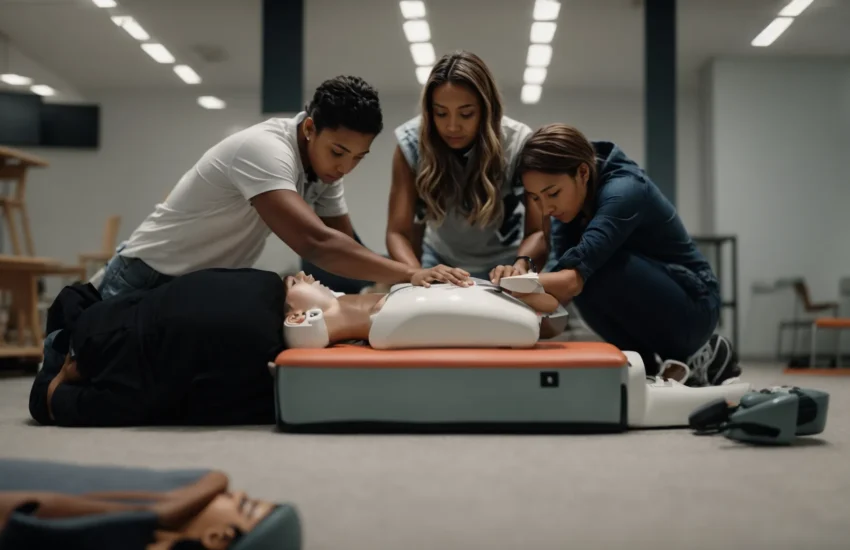Where Can I Find Advice About Higher Education?
Colleges and universities provide higher education. Higher education can make the difference between landing the job of your dreams and failing to qualify for openings or advancement opportunities.
There are dozens of postsecondary academic programs and institutions to consider. Many people understand the benefits of pursuing higher education but find it challenging to identify the best program options for their career goals. Let’s look at some ways you can access helpful advice about postsecondary programs.
Talk to a counselor.

High school guidance counselors can help you access crucial information about postsecondary institutions and programs. Discussing your career goals with your school counselor ensures you’ll select the best high school courses, ensuring you meet the application requirements for ideal postsecondary programs.
You can also work with college consulting experts who help students navigate the college application process. These experts offer insight into program options and college application review boards. They can assess your current application and help you identify steps you can take to strengthen your application. These steps could include expanding your extracurricular activities or gaining practical experience through an internship.
Visit school websites.

Colleges and universities have websites explaining their program options and admission requirements. Whether you’re interested in undergraduate studies or exploring graduate program options, you can read about each program’s required courses and your elective options, ensuring you find a postsecondary program suited to your career goals and academic interests.
For example, if you’re interested in a career as an athletic director, coach, event coordinator, or fundraiser, you’ll benefit from earning a sports management master’s degree. Comparing sports management graduate programs helps you determine how much time it will take to earn a Master of Science in Sports Administration. You’ll learn about online degree programs that enable you to complete your studies at home without ever setting foot on campus, which is an ideal option if you want to work while earning your graduate degree. Websites also provide information about applying for financial aid and completing your program application.
Talk to postsecondary educators and students.

Many high schools schedule trips to colleges and universities, enabling high school students to visit the campus and talk to postsecondary educators. Visiting school campuses is a great way to see their facilities firsthand and meet instructors and students. You can see what kind of facilities your chosen program has to ensure they have the latest equipment and resources. You can also get information about their graduate degree programs. Suppose you’re planning to earn a Master of Science in Nursing (MSN) to become a nurse practitioner. You may favor attending a postsecondary school that offers the graduate program you need to complete to enter your chosen career field.
Talk to professionals.

Talk to people who work in your chosen career field. From education to health care to business to law, all working professionals have credentials qualifying them for their roles. Talking to people who work in your chosen industry is an excellent way to learn about different postsecondary programs. Graduates can offer insight into the benefits and drawbacks of various program options. Suppose your primary health care provider is a nurse practitioner. They can tell you where they studied and why they recommend their program.
You can also gain valuable industry connections by completing an internship in your field. Many high schools offer valuable learning opportunities for students interested in gaining industry experience before beginning postsecondary studies. Pursuing an internship or work experience program also enables you to form industry connections with experts who may answer questions about their postsecondary institution and recommend college programs.
Getting good advice about postsecondary education can help you identify suitable college programs for your chosen career field. You can get information from counselors, school websites, postsecondary instructors and students, and professionals working in your chosen career field.



